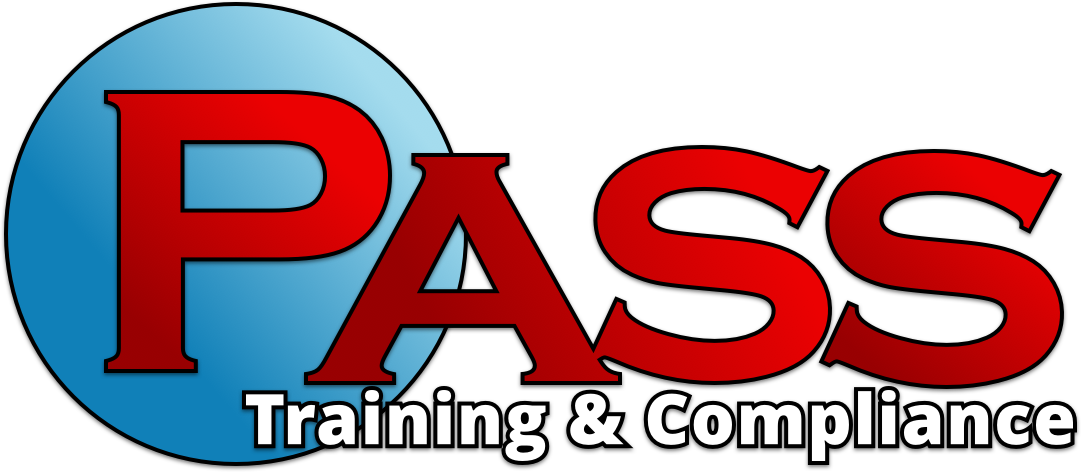Why Should I Care if I Have Water in my UST?
Water in your UST has negative effects on both diesel fuel and gasoline, but in different ways. Let's take a look at both.
Ethanol Blended Gasoline
Over 90% of gasoline sold in the United States today is blended with ethanol, the most common being E-10, or a 10% blend. When water is present in a UST system it is absorbed by the ethanol and settles to the bottom of the tank. The resulting solution is called phase separation, and it only takes as little as 0.5% of water concentration to occur. Temperature is also a factor, meaning that the colder it is, the less water present it takes to kick start the separation.Phase separation is bad news. It can cause engines to stall, or even worse, damage them. It's corrosive properties can also damage UST systems/equipment. This causes big problems not only for customers, but the owner/operator as well.
Diesel Fuel
Fungi, yeast and other bacteria can easily enter a diesel system via the air or water, and since diesel is an organic it serves as the perfect food source for these tiny bugs, and water only makes that environment even more friendly. It only takes a water level of roughly a millimeter thick to encourage microbial growth inside of the tank, with biodiesel being especially vulnerable.Microbial growth not only degrades the quality and integrity of the fuel, it also leads to corrosion of any of the the metallic components of the UST system.
How Does Water Get Inside My UST?
There are a number of different ways water can get into your UST system. Some of the most common include:
- Loose/leaking tank top fittings/spill buckets
- Tank condensation due to temperature changes
- Contaminated gasoline from your distributor
- For new tanks, ballast water that was errantly left inside
- Holes/cracks in the tank/piping
- Entry from the tank vent
How Do I Fix it?
If you find or suspect water in your tank, contact your maintenance company immediately, but ultimately early detection is the key to minimizing problems with your system. Upgrades to sensors and equipment can help, but regularly scheduled inspections and testing are MUST, and PASS can help.Learn More about PASS Inspection Services →
